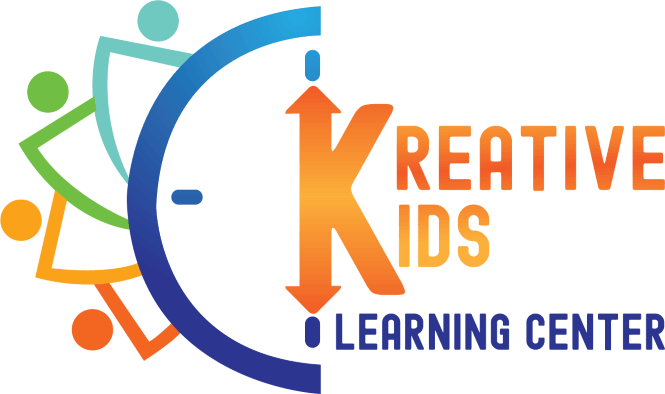For families with young children, finding quality childcare is essential. It provides a safe and nurturing environment for children to learn and grow, while parents and caregivers are able to work and attend to other responsibilities. At Kreative Kids Learning Center (KKLC), we understand the importance of quality childcare, and we are committed to providing the best possible care for your child.
Programs Offered at Kreative Kids Learning Center for Childcare Dearborn
At KKLC, we offer a range of programs to meet the needs of families with children from six weeks to twelve years of age. Our infant and toddler programs provide a safe and nurturing environment for your little ones to grow and learn, while our preschool programs offer a structured curriculum that focuses on early literacy, math, science, and social skills. We also offer before and after school care for school-aged children, as well as summer camp programs that provide fun and engaging activities for children during the summer months.
Our team of experts at KKLC consists of early childhood educators who specialize in working with young children from birth to age eight. They typically hold a degree in early childhood education or a related field and have extensive knowledge of child development, learning theories, and educational practices that are appropriate for young children. Early childhood educators at KKLC are skilled in creating a warm and welcoming environment that supports children’s emotional and social development.
Early Childhood Educators: Experts in the Field of Early Learning and Education for Childcare Dearborn
Early childhood educators are professionals who specialize in working with young children from birth to age eight. They possess the knowledge, skills, and expertise necessary to provide high-quality care and education for young children. They are trained to create developmentally appropriate curriculum, plan and implement engaging learning activities, and assess children’s progress. Early childhood educators also understand the importance of building positive relationships with young children and their families.
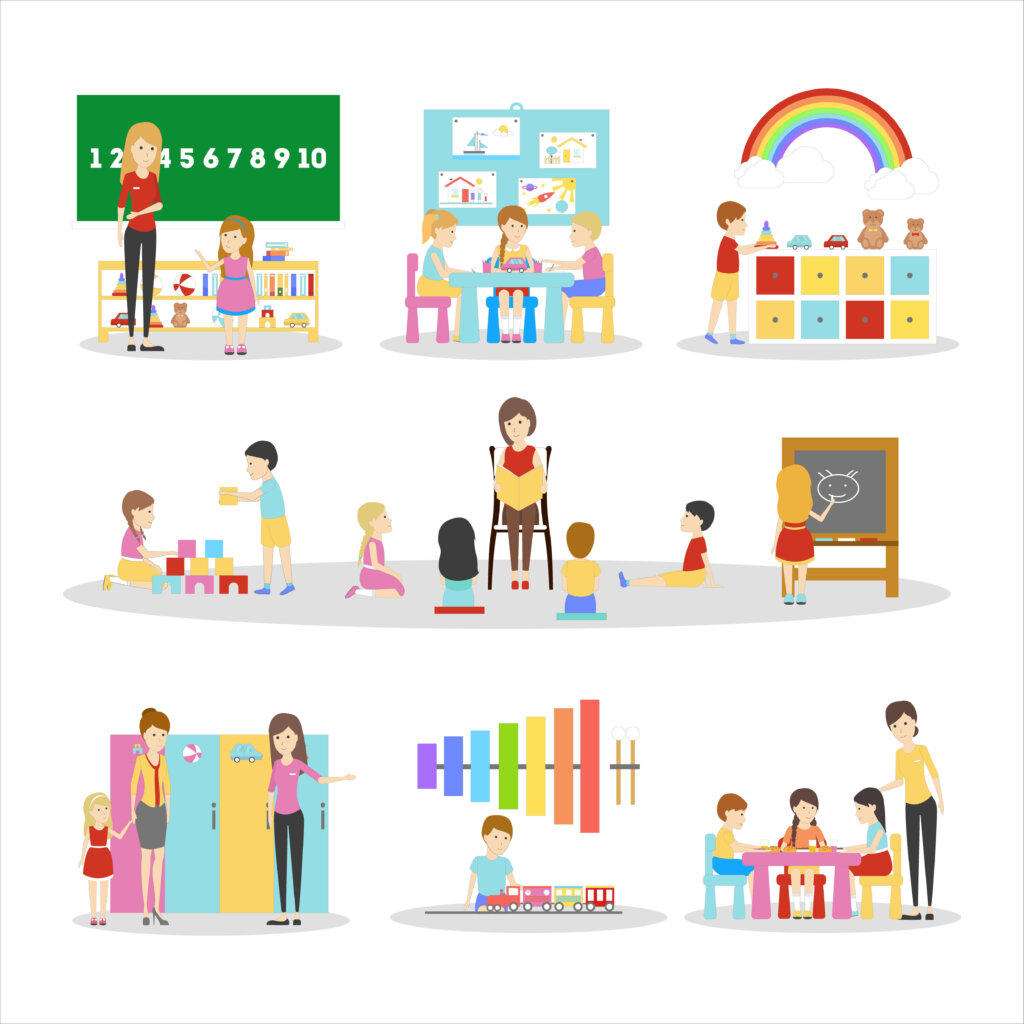
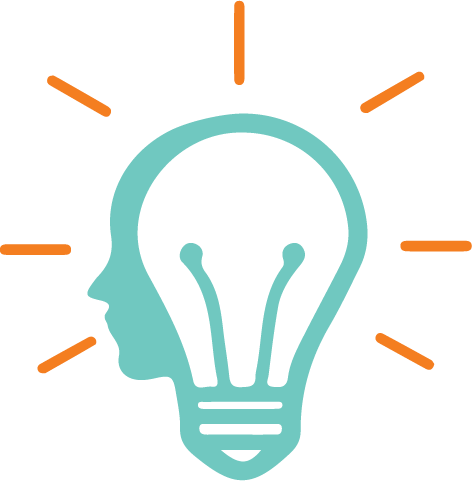
The KKLC Philosophy
At Kreative Kids Learning Center, we believe that quality childcare is about more than just providing a safe place for children to stay while their parents work. We strive to create a warm and welcoming environment where children feel comfortable, happy, and supported in their development.
The Philosophy of Kreative Kids Learning Center for Childcare Dearborn
At KKLC, we believe that quality childcare is about more than just providing a safe place for children to stay while their parents work. We strive to create a warm and welcoming environment where children feel comfortable, happy, and supported in their development. We emphasize the importance of play-based learning and individualized instruction in promoting children’s physical, cognitive, emotional, and social development. Teachers and caregivers at KKLC act as facilitators, providing guidance and support while allowing children to take ownership of their learning.
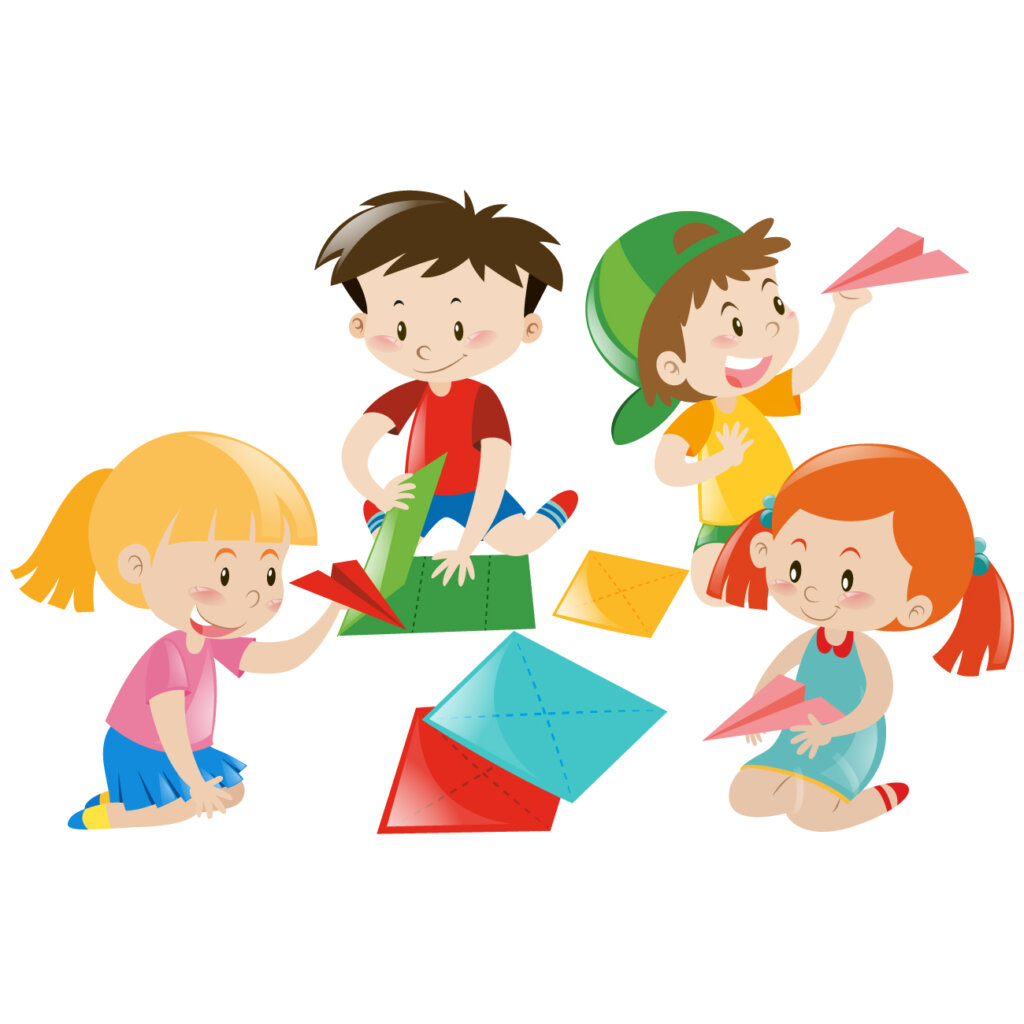
The Importance of Play in Childhood Education for Childcare Dearborn
Play is an essential part of childhood education, and it is crucial to support children’s holistic development. Through physical play, children learn to balance, jump, climb, and develop their hand-eye coordination. Play also helps children to develop emotional resilience, self-esteem, and emotional regulation skills. It provides a safe and non-judgmental space for children to express their feelings, explore their emotions, and learn to manage them effectively.
Providing Quality Childcare in Dearborn: The Commitment of Kreative Kids Learning Center
At KKLC, we are committed to providing quality childcare in Dearborn. Our team of experts is committed to creating a nurturing and stimulating learning environment that supports each child’s unique needs and interests. We believe that every child is unique, and their learning experiences should be tailored to their individual needs, interests, and abilities. If you’re looking to provide your child with active play as they receive proper education and quality childcare, Dearborn has it at the Kreative Kids Learning Center. Reach out to us at (313) 278-3008 to learn more about our programs and how we can support your child’s development.
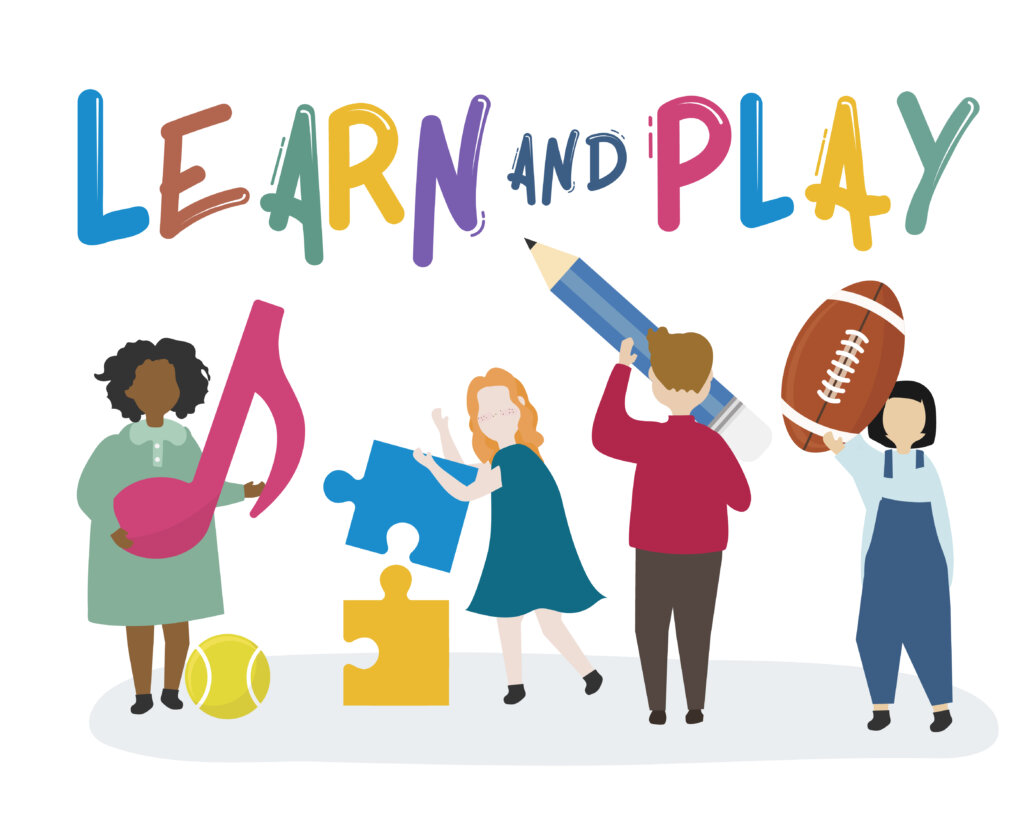
Physical development
Play helps children to develop their physical skills, such as gross and fine motor skills. Through physical play, children learn to balance, jump, climb, and develop their hand-eye coordination.
Emotional development
Play can help children to develop emotional resilience, self-esteem, and emotional regulation skills. It provides a safe and non-judgmental space for children to express their feelings, explore their emotions, and learn to manage them effectively.
Language development
Play also plays a critical role in language development. Through play, children learn to communicate with others, express themselves, and develop their vocabulary and language skills.
In summary, play is important in childhood education because it supports the holistic development of children, including cognitive, social, emotional, physical, and language skills. It also provides children with a fun and enjoyable way to learn and explore the world around them. If you’re looking to provide your child with active play as they receive proper education and quality childcare, Dearborn has it at the Kreative Kids Learning Center. Reach out at (313) 278-3008.
FAQ
Childcare is a regulated and licensed early learning option for families. As a facility of such high standard, we consider childcare an early learning opportunity for families that are in need of this essential service.
High-quality early learning classrooms are joyful places where children actively move about, explore materials, interact with others, laugh, sing, and dance. Because a preschool classroom is structured differently from a classroom for older children, some mistakenly assume that preschool children are not learning anything important. Nothing could be further from the truth. Young children learn through play, and for that reason, quality early learning classrooms are strategically designed to engage children in purposeful play, encouraging them to be active participants in their own learning.
How will we ever believe that early child education is worth the cost when we don’t believe in its science? Multiple studies across universities have analyzed the costs and benefits associated with early learning programs. It has been concluded that high-quality early learning programs yield an annual return on investment of 7% to 13% through better outcomes in education, health, sociability, economic productivity and reduced crime. And that is only the monetary benefit. There are other indirect benefits to children, families, and communities. For example, how does one calculate the value of a child avoiding failure because he received a strong start in school? Or the value of a parent watching her child become the first in the family to earn a college degree? Or of a community changing its educational trajectory in one generation? These are the real, but intangible effects of children having access to high-quality early learning.
No one is more ready for learning than young children. While the brain continues to grow throughout the human lifespan, the most rapid brain development occurs in the first few years of life. In fact, young children grow over a million neural connections every second, faster than at any other time in their lives. After age five, brain growth slows and existing neural connections become hardwired into the brain, serving as the foundational mortar upon which all other learning will be built. The brain is a highly integrated and complex organ, and the strength of the brain’s foundation affects learning, behavior, and health throughout life. One way to help ensure young children develop strong brain architecture is through high-quality early learning before the age of five.
